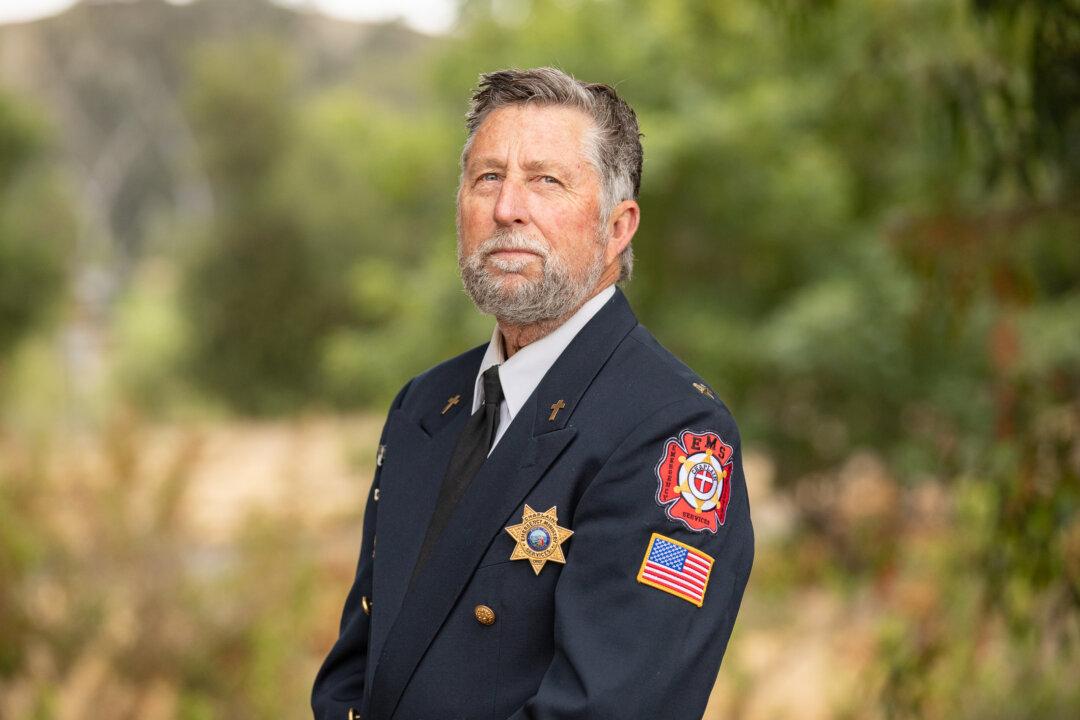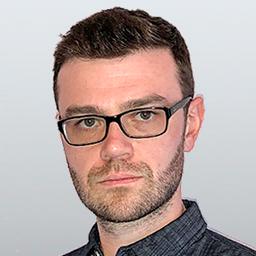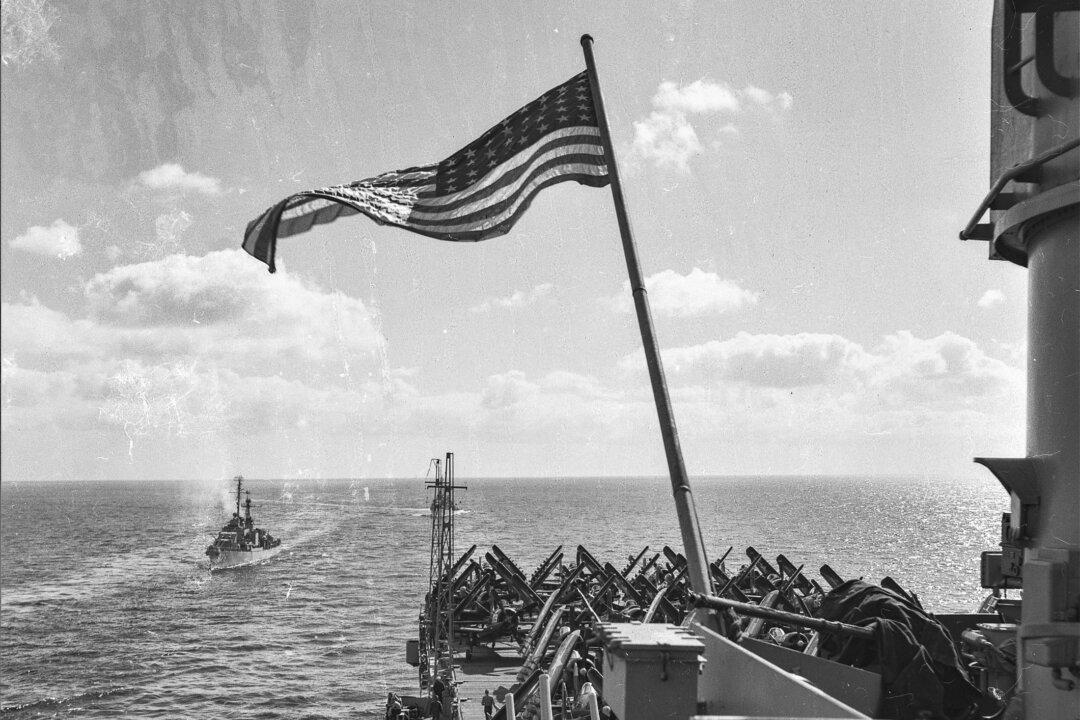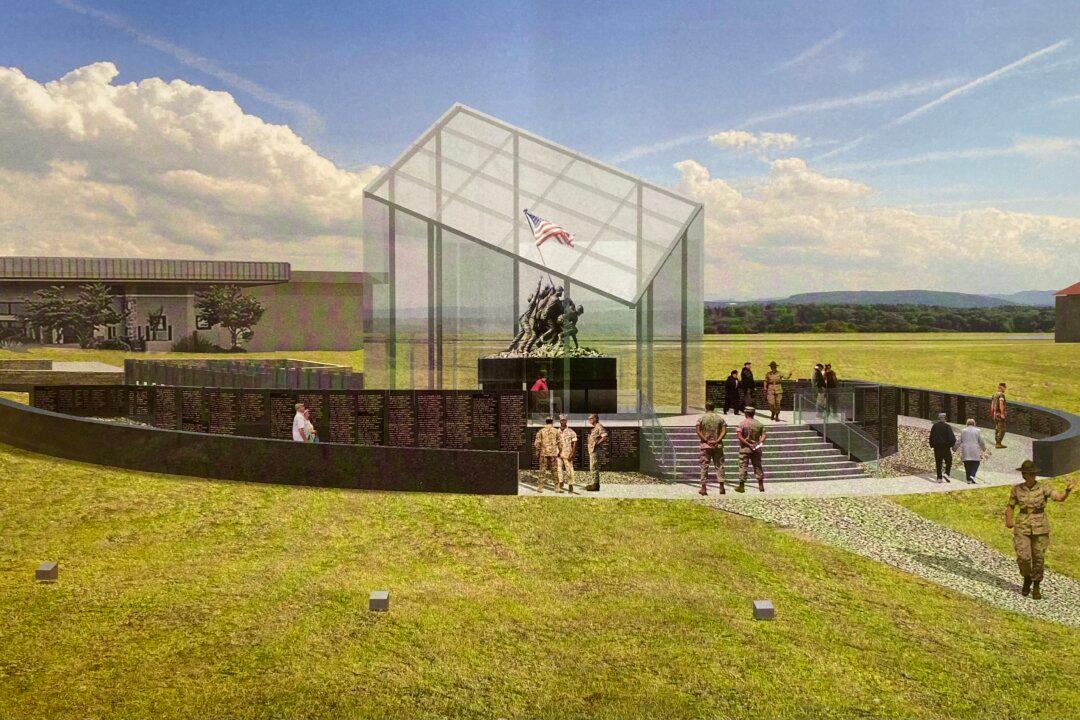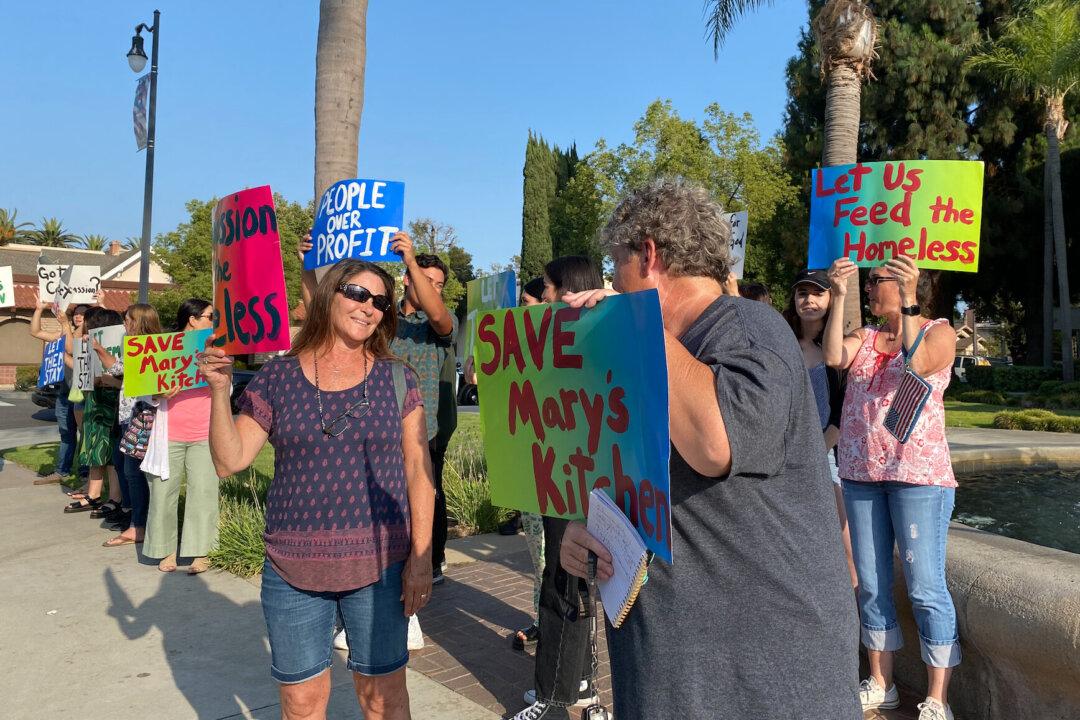It would seem natural to call Richard Yeomans the “pastor of disaster.”
Yeomans is the president of Emergency Ministry Services, a group that trains disaster response teams operating out of churches across Southern California. Since founding the organization in 2007, the San Juan Capistrano resident has deployed to 41 natural and man-made disasters around the globe.
